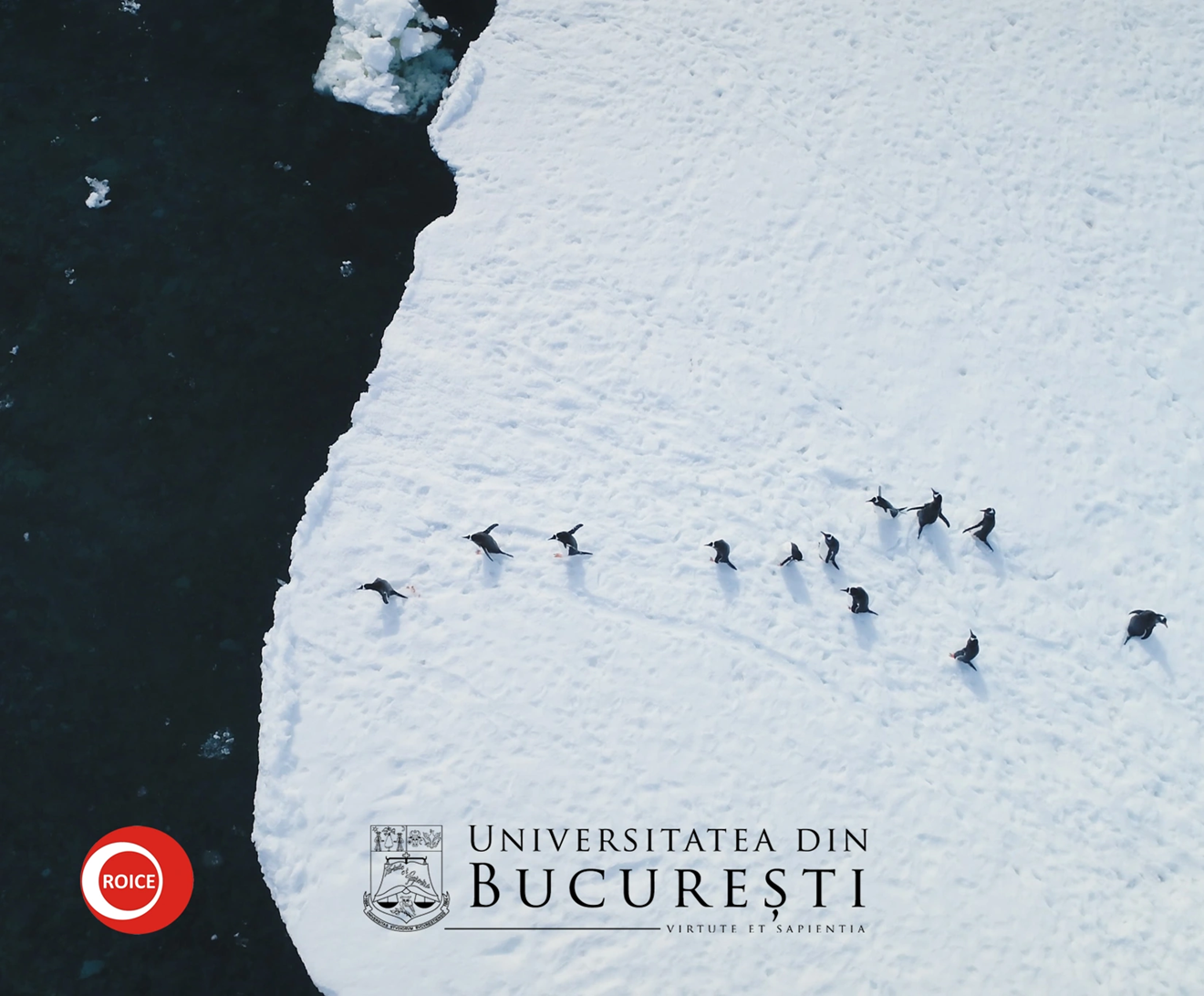University of Bucharest Researchers Gear Up for Transdisciplinary 2026 Antarctic Expedition

ROICE expeditions began in 2015 and have included four such trips - in 2015, 2016, 2019, and 2020. After a break of several years, the fifth expedition is scheduled to take place in 2026, with interdisciplinary research objectives.
Because Romania does not have its own research station in Antarctica, ROICE expeditions are based on a cooperation agreement with the KOPRI Institute in South Korea and are hosted at the King Sejong research station - one of South Korea's two stations, located in West Antarctica (on the Barton Peninsula, King George Island).
In fact, INCDSB is constantly working to expand its network of external collaborators in order to develop Romanian research in Antarctic areas. To this end, it has recently initiated a collaboration with the Institute of Biology in Turkey and is in talks with the Polar Institute in Bulgaria.
Science, health, and public policies, highly interconnected
The innovative directions of Romanian research in Antarctica is a frontier field that makes significant contributions to understanding climate change and its impact on global ecosystems. The insights of this expedition combining science, courage, and vision were shared during a workshop which highlighted the importance of scientific research on macrosystemic changes and the strategic impact of results in fields such as medicine, climatology, sustainable energy, and public health.
The team of researchers from INCDSB and the University of Bucharest shared their experiences, results, and challenges from missions carried out in the most isolated regions of the planet.
The most pressing challenges of the contemporary world, with a major impact on the environment and public health, were taken into discussion. Among the discussed topics were:
- the influence of climate change on biodiversity and the increasingly rapid transformations of natural ecosystems, from habitat loss to imbalances in food chains;
- the permafrost, an environment undergoing accelerated melting due to global warming, which hides in its deep layers both risks—such as the emergence of new infectious agents—and opportunities for science, through the discovery of biomolecules with pharmaceutical potential;
- the adaptation of the human body to thermal stress, a phenomenon that is becoming increasingly relevant in an unstable climate.
The dialogue highlighted the connections between science, health, and public policy, offering an integrated perspective on how research can contribute to building a sustainable future.
Latest Highlights:
300,000-year-old Genomes: History of the Schöningen Horses Deciphered
Populism and Conspiracy - a European Study by the University of Salzburg
Leadership and algorithms or how digital tools affect the role of managers
90 Years of Sapienza Main Campus: a celebration of renewal and solidarity
